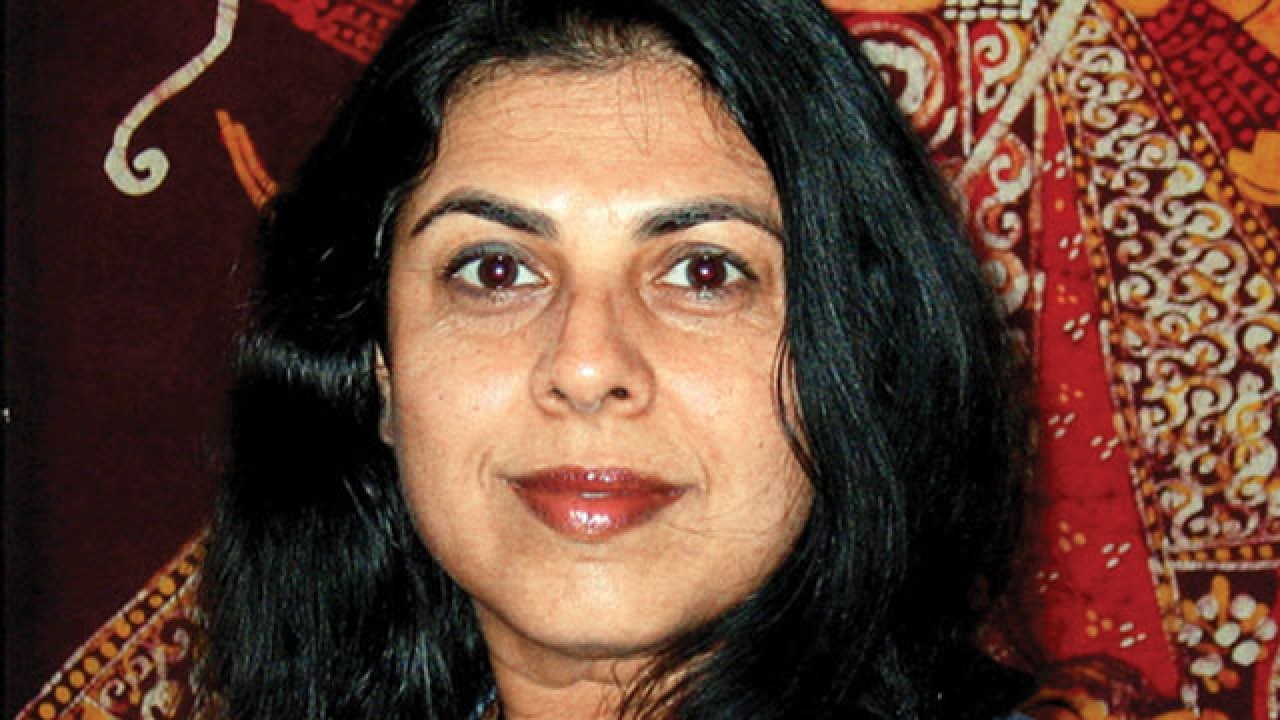
Women have always been at the centre of Chitra Banerjee Divakaruni’s novels. Be it the Mistress of Spices, her breakthrough novel, or the 2008 best-seller Palace of Illusions, which is the Mahabharata told from Draupadi’s point of view. Her latest, Before We Visit the Goddess, too, foregrounds the story of three generations of Bengali women. The challenges women face and their strength in the face of them, their endurance inspire her, says the prolific author.
Novelist, professor, poet, essayist, short story writer, author, fiction writer, nonfiction writer, children's fiction writer, young adult fiction writer, book reviewer, columnist — how do you straddle so many genres?
I love all of the different forms in which I write — each one has its strength. I think my two favourites are the novel and short story, and I was delighted that in Before We Visit the Goddess, my latest, I was able to combine the two forms into a novel-in-stories. The shift between genres is always organic for me. Whatever I'm writing dictates its own genre. For instance, in ...Goddess, I wanted to tell a three-generational story, but I knew instinctively I didn't want it to be a long saga. I only wanted to focus on the emotionally resonant moments.
Your writings have led us to expect certain common themes that seem to affect you deeply: love, loss, self-dependence, betrayal, the interaction between women and men, and beautiful, flowing prose. How much of the thematic choices are conscious? Do the themes choose themselves?
Yes, mostly the themes bubble up and force me to write about them. One of the themes I am consciously drawn to is that of women: their challenges and their strength, their complexity, their endurance, and their tragedies. It is very important for me to tell the story of women. Although my books have, I hope, complex portrayals of men, the women are at the centre, and that is a conscious choice.
To what extent did your experiences with the non-profits Maitri, Daya and Pratham, or the diverse jobs you took on through college, shape your choice of themes?
I am sure my activism in the field of domestic violence and trafficking, and the many women I've come across who have courageously pushed their way out of these situations, have shaped my life as a person and as a writer.
They have made me sensitive to certain issues about what women often have to endure, or about society's attitudes, both in India and in America, towards women, especially women who are in situations of difficulty and distress. The idea of the importance of women's education is a theme that recurs in many books, from Palace of Illusions all the way to Before We Visit the Goddess, and I'm sure it is connected to the work I've done with Pratham.
Have you ever been tempted to step out of the zone and write something radically different? Such as a murder mystery.
Oh yes. In fact, I'm contemplating a murder mystery right now! After I complete my current project, a novel on Sita.
With all the fame, recognition and accolades, does it become difficult to find a quiet, inner space? How critical is that space to the writing process?
I live a rather quiet life, except when I am on book tours, when I have to do a lot of public events. I'm appreciative of the honours my work has received, and I love my readers, but my day-to-day life follows a relatively calm routine: teaching, community work, writing, family, exercise, etc. I am very happy puttering around at home. I also have a regular meditation practice.
Would you say creative writing can be taught? How do you advise your own students on the basics of writing?
Definitely, creative writing can be taught. I've been doing it for about 20 years. Although my students each come with their own level of talent, I can help hone that talent into the best that it can possibly be. As I teach them different kinds of techniques, for instance, techniques that help them create complex characters, I can see their writing improve. Much of the teaching I do is by helping them analyse great writers.
To what extent do you engage with your environment even when it doesn't immediately concern you? Do you identify with the current liberal concerns about the hardening of right-wing stances across the world?
As a writer, freedom of expression is particularly important to me. As an immigrant, the rights of minorities and immigrants are also very important to me. As an activist, I'm very involved in women's issues and women's rights. And thus, I am concerned about the hardening of right-wing stances, which affect all of these areas negatively. I understand that in order to progress, sometimes a country must tighten its laws and regulations. But it's really important to make sure that in the process, citizens are not losing their rights.